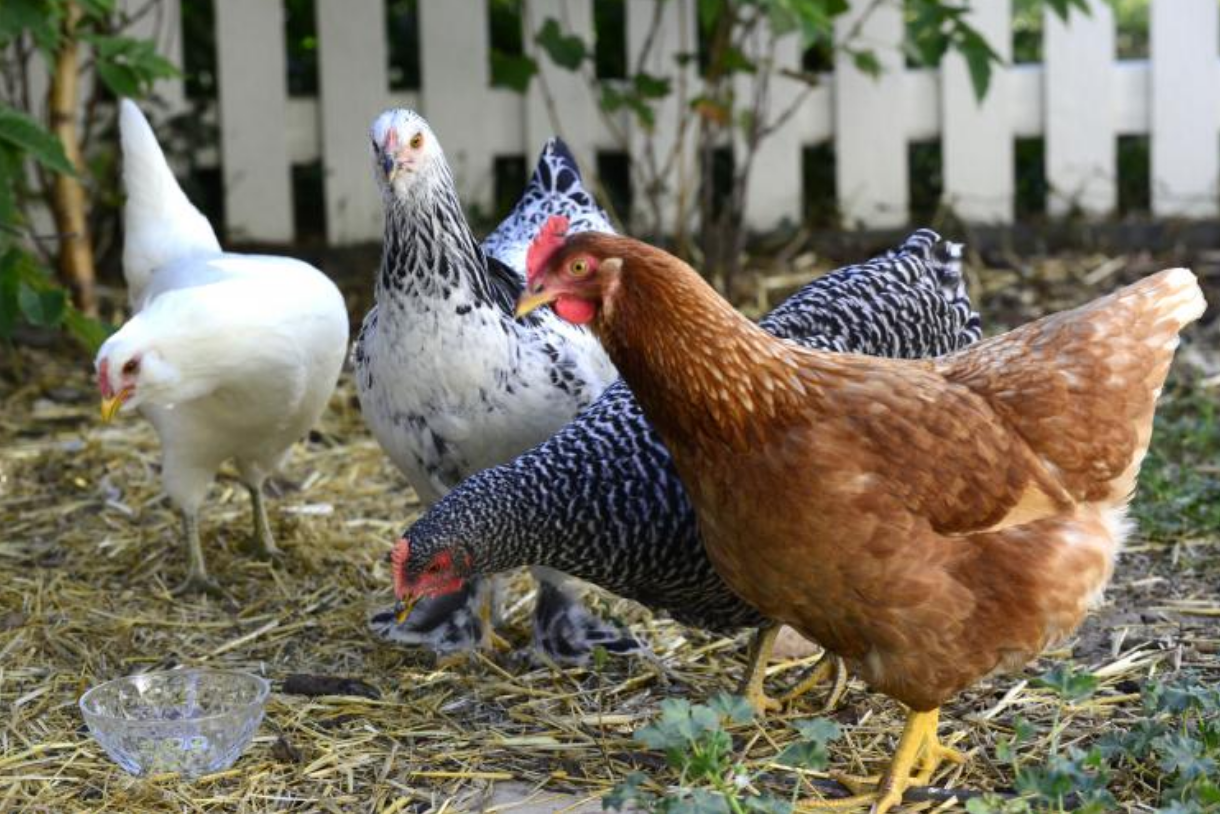UK poultry specialist urges safe handling of backyard flocks to reduce risk of salmonella infection
UK poultry specialist urges safe handling of backyard flocks to reduce risk of salmonella infection


When school is out and the weather turns warmer, people become more interested in raising backyard chickens. Since human interactions with poultry can raise the risk of bacterial infections, University of Kentucky poultry specialists are urging new and experienced backyard flock enthusiasts to remember safe handling principles.
“We’re seeing an even higher interest in raising backyard flocks this year,” said Jacquie Jacob, poultry extension project manager for the UK College of Agriculture, Food and Environment. “It may be because many people are staying home more during the COVID-19 pandemic and expanding their interests. Since you can order chicks through the mail, it can be a popular stay-home adventure. Every year, we seem to see an uptick in salmonella outbreaks linked to backyard flocks, so it’s a good time to emphasize safe management practices.”
The Centers for Disease Control and Prevention reports that Kentucky has one of the higher rates of current salmonella infections in United States. As of May 15, Kentucky was reporting nine cases. The CDC reports 97 cases nationwide. In 2019, Kentucky had 41 cases.
“It’s important for people to stay safe around their chicks to keep cases to a minimum,” Jacob said.
All the outbreaks have a few things in common including brooding and raising poultry in the house, letting birds run loose and deposit droppings everywhere, not washing hands after handling eggs and birds, washing dirty eggs in kitchen sinks and not disinfecting the sink afterward, and allowing birds to have close contact with human mouths and noses.
“A large number of cases have involved children under age 5,” Jacob said. “It’s especially important for families with backyard flocks to teach their children safe handling practices and good hygiene.”
Jacob presented a webinar earlier this year about staying healthy with backyard flocks. It is available online at https://learn.extension.org/events/3757.
It is important to remember that the intestinal tracts of all mammals and birds have various types of bacteria as part of their natural intestinal microflora, and many situations naturally expose people to those bacteria. Some types of bacteria cause disease, so hygiene is always important. Vigorously washing hands with soap and warm, running water is vital. Jacob said to remember to wash the backs of hands, between fingers and under fingernails and then rinse well and thoroughly dry. If there is no access to running water, anti-bacterial hand sanitizers or wipes are acceptable.
“I know it’s hard to tell children not to nuzzle or kiss animals, chicks and ducklings, but it is necessary to avoid infection,” Jacob said. “Always remind children not to touch their face after handling birds and don’t allow them to eat or drink before thoroughly washing their hands. Most of these sanitation techniques are the same things health professionals are telling us to do to prevent COVID-19 infection.”
If backyard flock owners are thinking about selling eggs from their flock, Jacob recommends they learn about egg laws. UK College of Agriculture, Food and Environment has a publication detailing those regulations online at http://www2.ca.uky.edu/agcomm/pubs/ASC/ASC229/ASC229.pdf.
4 H Youth Extension Livestock


